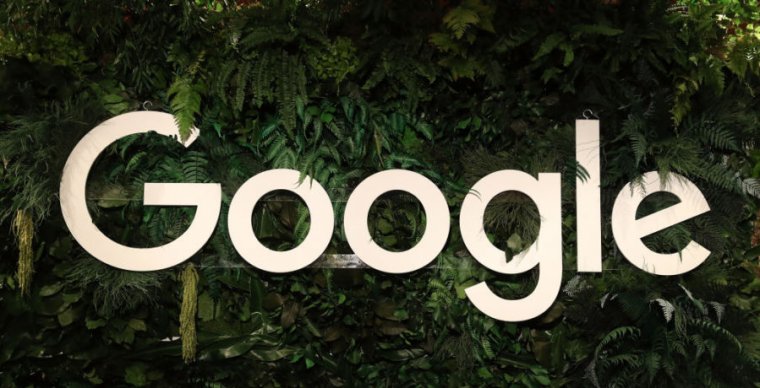
From the outside, Google Bard looks like a rushed product to try to compete with ChatGPT, and some Google employees share those sentiments. A new report from Bloomberg interviews 18 current and former workers and comes away with a pile of damning commentary and concerns about AI ethics teams that were “disempowered and demoralized” so Google could get Bard out the door.
According to the report, Google employees tested Bard pre-release and then were asked for their feedback, which was mostly ignored so Bard could launch quicker. Internal discussions viewed by Bloomberg called Bard “cringe-worthy” and “a pathological liar.” When asked how to land a plane, it gave incorrect instructions that would lead to a crash. One employee asked for scuba instructions and got an answer they said “would likely result in serious injury or death.” One employee wrapped up Bard’s problems in a February post titled, “Bard is worse than useless: please do not launch.” Bard launched in March.
You could probably say many of the same things about the AI competitor Google is chasing, OpenAI’s ChatGPT. Both can give biased or false information and hallucinate incorrect answers. Google is far behind ChatGPT, and the company is panicked over ChatGPT’s ability to answer questions people might otherwise type into Google Search. ChatGPT’s creator, OpenAI, has been criticized for having a lax approach to AI safety and ethics. Now Google finds itself in a tough situation. If the company’s only concern is placating the stock market and catching up to ChatGPT, it probably isn’t going to be able to do that if it slows down to consider ethics issues.
Meredith Whittaker, a former Google manager and president of the Signal Foundation, told Bloomberg that “AI ethics has taken a back seat” at Google and says that “if ethics aren’t positioned to take precedence over profit and growth, they will not ultimately work.” Several of Google’s AI ethics leaders have been fired or left the company in recent years. Bloomberg says that today, AI ethics reviews are “almost entirely voluntary” at Google.
While you could do something at Google to try to slow down releases due to ethics issues, it probably won’t be great for your career. The report says, “One former employee said they asked to work on fairness in machine learning and they were routinely discouraged—to the point that it affected their performance review. Managers protested that it was getting in the way of their ‘real work.'”
https://arstechnica.com/?p=1933284

